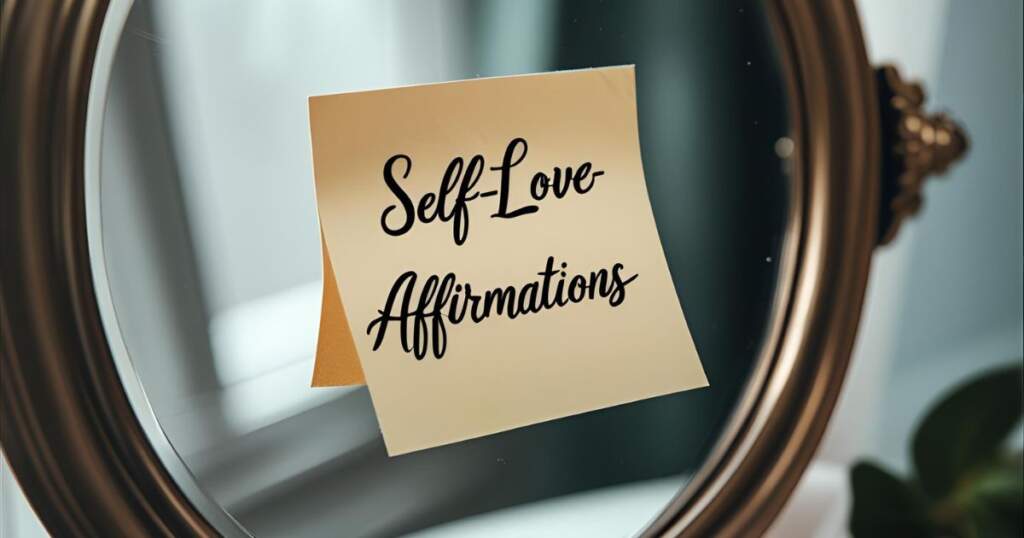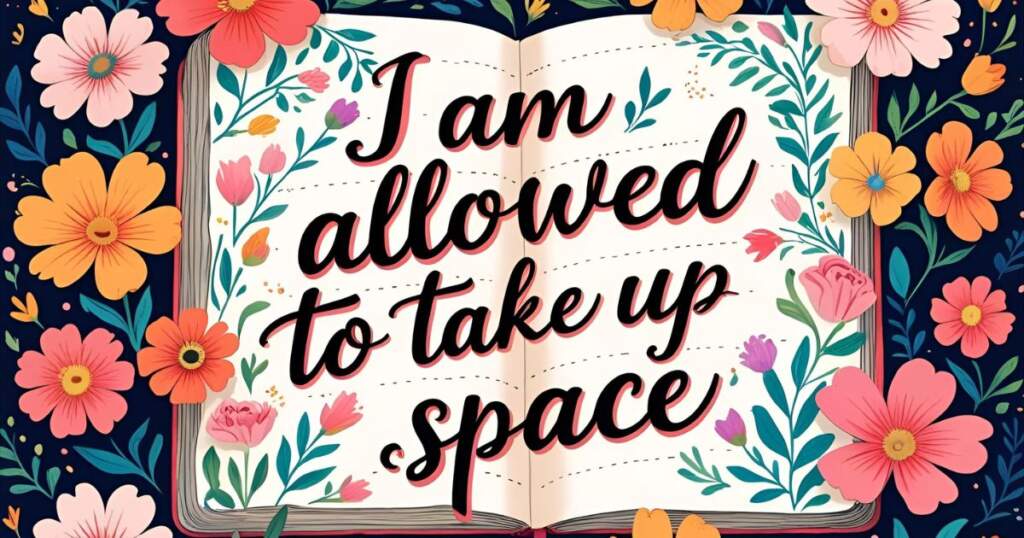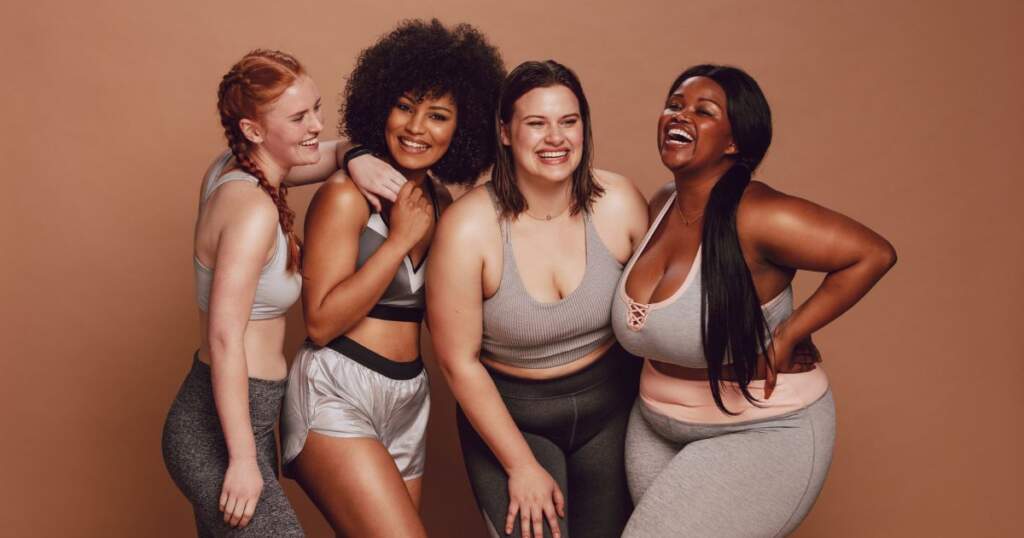Why “I Am a Goddess” Sometimes Just… Doesn’t Hit

Let’s be real—some affirmations sound like they were written by a glitter pen in a Lisa Frank notebook. Cute? Yes. Convincing when you’ve just cried into leftover pasta? Not so much.
When it comes to affirmations for self-love, the point isn’t to force sunshine through the cracks—it’s to speak to yourself in a way your mind actually believes. That’s when the magic (and the brain rewiring) happens.
This guide is your no-fluff companion to creating and using affirmations that feel good in real life—not just in a Pinterest mood board. We’ll break them down into focus areas so you can nurture your mind, body, soul, relationships, and career with words that feel like they were written just for you.
Why Generic Affirmations Fail
You’ve heard the classics: “I am perfect.” “I am thriving.” “I love every inch of myself.” They look great on Instagram captions, but if your reality is more survival mode than sun-kissed morning meditation, those words can ring hollow—and sometimes make you feel even further from where you want to be.
The problem? Your brain is smart. It knows when you’re lying to it. And when you repeat something that feels untrue, your inner cynic files it under “Nice Try” and moves on.
The good news? Affirmations can be deeply transformative when they’re believable, specific, and compassionate.
What Makes a Self-Love Affirmation Feel Believable
A good self-love affirmation is:
- Present and grounded – Focus on now, not an imaginary “someday” version of you.
- Incremental – It allows for growth instead of demanding perfection.
- Emotionally safe – It doesn’t require you to override real feelings.
Think: “I am learning to trust my worth” instead of “I am the most confident person alive.”
How to Write Your Own Self-Love Affirmations
If you’ve ever rolled your eyes mid-affirmation, try this instead:
- Start with where you are. If you’re struggling, acknowledge it.
- Add gentle progress language. Words like “learning,” “allowing,” or “choosing” keep it real.
- Keep it simple. Overcomplicated affirmations are harder to remember and believe.
💡 Pro tip: Write them down and place them where you actually look—phone lock screen, bathroom mirror, the corner of your laptop.
Affirmations for Self-Love by Focus Area
1. Mind: Your Inner Dialogue & Self-Belief

When your mind is your loudest critic, affirmations can re-train the way you speak to yourself.
Examples:
- I am allowed to take up space in every room I enter.
- I am learning to speak to myself with kindness.
- I choose to believe in my abilities, even on doubtful days.
- My thoughts are not facts—I can choose which ones to follow.
- I release the need to compare my journey to anyone else’s.
2. Body: Your Physical Self & Wellbeing

Self-love for your body isn’t about pretending to adore every inch—it’s about cultivating respect and gentleness.
Examples:
- My body is worthy of care no matter how it looks today.
- I am grateful for what my body allows me to do.
- I choose rest when my body asks for it.
- I am learning to see my body as my ally, not my enemy.
- I deserve to nourish my body with food, movement, and rest.
3. Soul: Your Inner Peace & Emotional Safety

When your soul feels safe, you can show up more fully in every area of life.
Examples:
- I give myself permission to slow down.
- I honor my feelings without judgment.
- My joy is worth protecting.
- I choose experiences that align with my values.
- I am allowed to create a life that feels gentle and true.
4. Relationships: Your Connections with Others

Self-love in relationships is about boundaries, respect, and showing up without losing yourself.
Examples:
- I am worthy of relationships where I feel safe and valued.
- I can say “no” without guilt.
- My boundaries are a form of self-respect.
- I release the need to earn love through overgiving.
- I choose people who choose me back.
5. Career & Purpose: Your Work and Ambitions

Self-love in your career is about honoring your talents and refusing to shrink.
Examples:
- My worth is not tied to my productivity.
- I deserve opportunities that align with my skills and passions.
- I am learning to advocate for my own value.
- I trust myself to take bold steps toward my goals.
- I can succeed without burning out.
How Not to Let Affirmations Become Toxic Positivity
Affirmations should feel like a safe hug, not a silencing hand. If you find yourself using them to avoid real feelings—pause. Journal. Talk to someone you trust. Then return to the affirmation as a support, not a substitute for processing what’s real.
Final Thoughts
Self-love isn’t a finish line—it’s an ongoing conversation with yourself. And the right affirmations? They’re less about hype and more about holding your own hand through the messy, miraculous, everyday process of becoming.
So say them. Write them. Whisper them. Shout them if you need to. But most importantly—choose the ones that feel like you.












